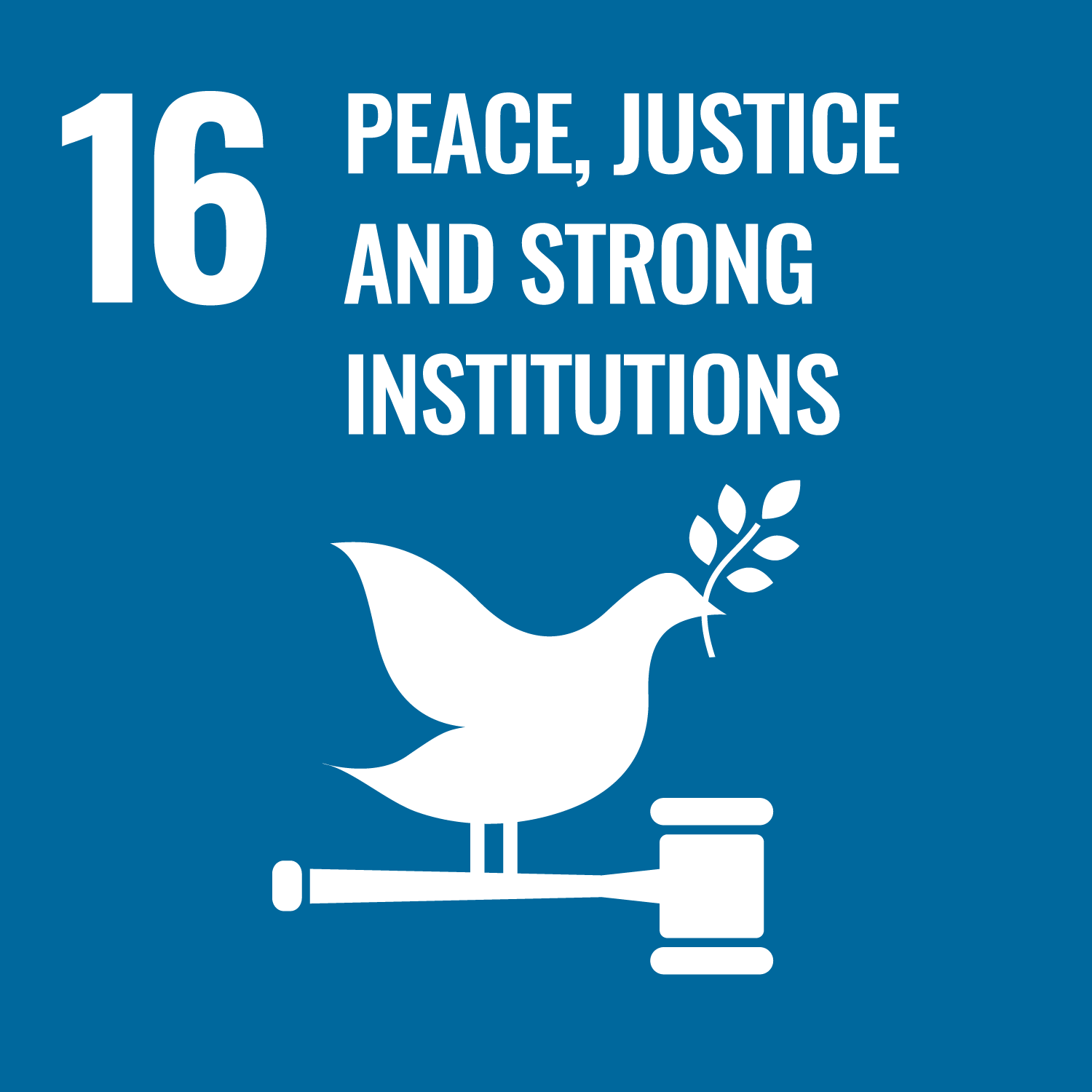This 66-page report provides a detailed examination of the barriers faced by queer people in India when accessing the justice system. The report is based on research conducted in 2016 across nine cities in India in which 150 people were interviewed. Interviews were conducted with people who identified as gay, lesbian, bisexual, transgender and non-binary as well as lawyers and activists working to assist queer people to access the justice system.
Chapter one of the report introduces the context of international human rights law and discrimination and violence based on sexual orientation and gender identity in India. Chapter two highlights the most relevant national criminal laws affecting queer persons in India, including laws relating to gender recognition. In particular, the report focuses on section 377 of the Indian Penal Code. The case ‘National Legal Services Authority v. Union of India’ is discussed as a successful example as it afforded transgender persons the right to their chosen gender identity. Chapter three then examines how police violence and harassment against queer people severely limits their ability and willingness to access the justice system.
Chapter four describes the experiences of queer people within the courts and highlights the importance of queer persons accessing lawyers who are willing to represent them. Chapter five then outlines India’s international legal obligations to protect queer persons and assesses the extent to which they are currently being upheld. The report concludes with a list of 16 recommendations directed to the Indian Government to improve access to justice for queer people in India.








